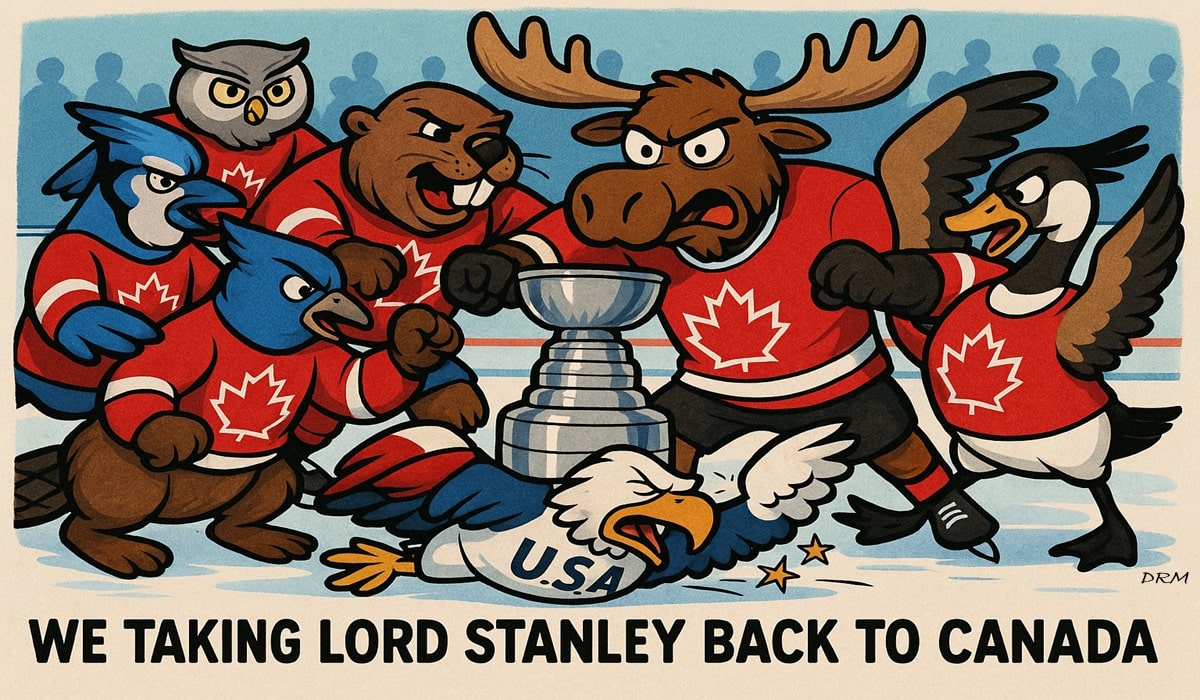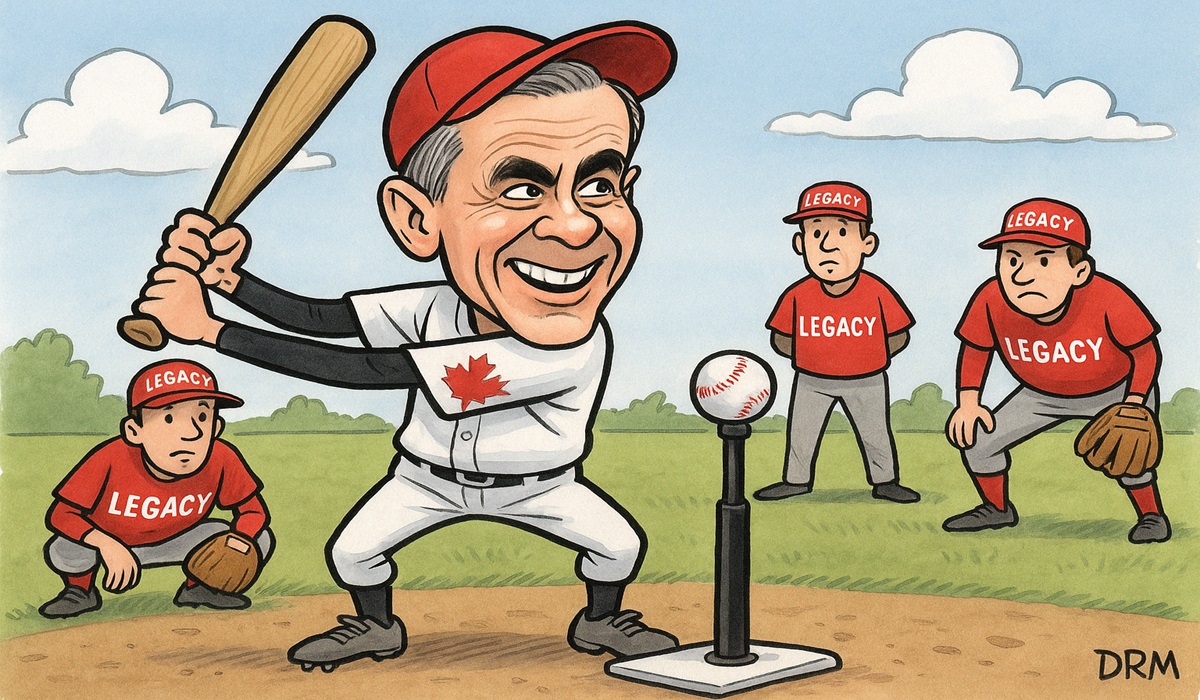The Shift to Online Car Buying: Why Dealerships Are Losing Ground
- TDS News
- Business
- D.O.C Supplements - Trending News
- September 6, 2024

Image Credit, Kenjiro Yagi
The rise of simpler online vehicle transactions has revolutionized how people buy cars, allowing them to sidestep many of the frustrations associated with traditional car dealerships. While this shift isn’t necessarily meant as a direct knock-on car dealerships, it does highlight the ongoing problem within many of these businesses, especially used car dealerships, which continue to embody the stereotype of the sleazy, overly aggressive car salesperson.
The old trope of the pushy car dealer, obsessed with upselling unnecessary features and adding layers of hidden fees, still lingers for a reason. One of the most egregious examples of this is the “document fee,” a charge that ostensibly covers the paperwork necessary for the sale. But more and more reports are surfacing of document fees reaching absurd levels—sometimes as high as $2,000 and upwards. For what, exactly? To make copies of a few pieces of paper? It’s beyond outrageous and frankly insulting to consumers.
This kind of predatory practice leaves a bitter taste in the mouths of buyers, many of whom feel trapped in a high-pressure sales environment where transparency is nonexistent, and trust is shattered. It’s an unfortunate reality that, in many ways, has fueled the surge in online car buying platforms. These digital solutions offer a streamlined experience where customers can shop, compare, and even complete a transaction without ever stepping foot inside a dealership or dealing with a salesperson whose goal is to extract as much money as possible from their pockets.
The appeal of this new model is clear: buyers don’t have to haggle or feel bullied into paying for add-ons they don’t want or need. They’re spared from the uncomfortable dance with a salesperson whose motives are often murky, at best. Instead, they can choose a car, arrange financing, and handle all the paperwork online, often without the added bloat of unnecessary fees. No upsell, no shady practices—just the car they want, at a price that feels fair.
If dealerships don’t adapt to this shift, they risk becoming relics of the past, much like the dodo bird. Consumers are tired of being nickel-and-dimed, and they’re proving it by turning to platforms that respect their time, intelligence, and wallet.
As the industry moves further into the digital age, the role of the traditional car dealership may need a major overhaul. Dealerships that refuse to evolve, those that cling to outdated and exploitative sales tactics, are in danger of fading away. Buyers want an easy, stress-free experience, and the creeping sense of distrust that follows the stereotypical car salesperson can no longer be the cornerstone of this business. The industry is changing, and if dealerships don’t change with it, they’ll be left behind.








